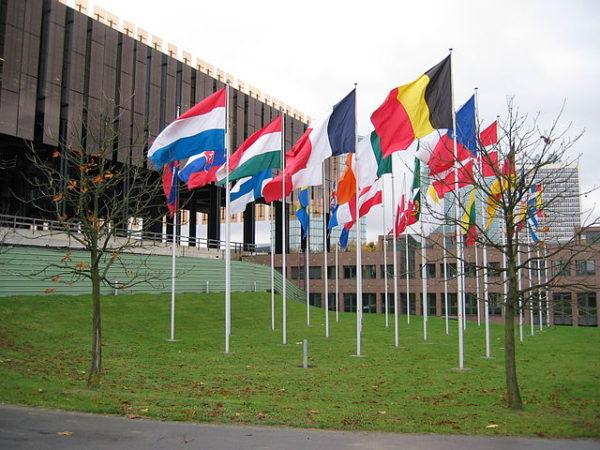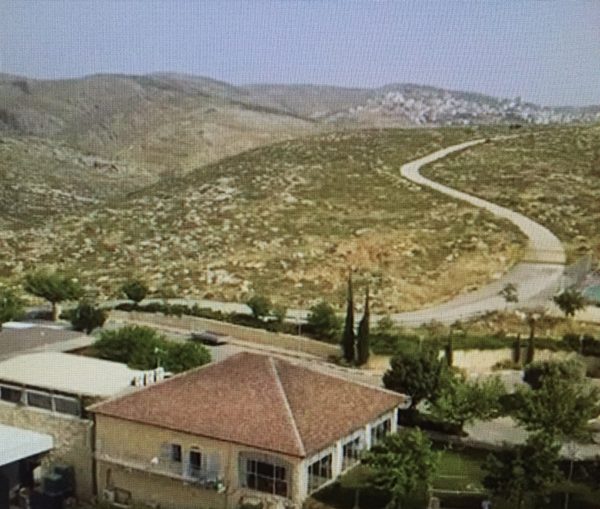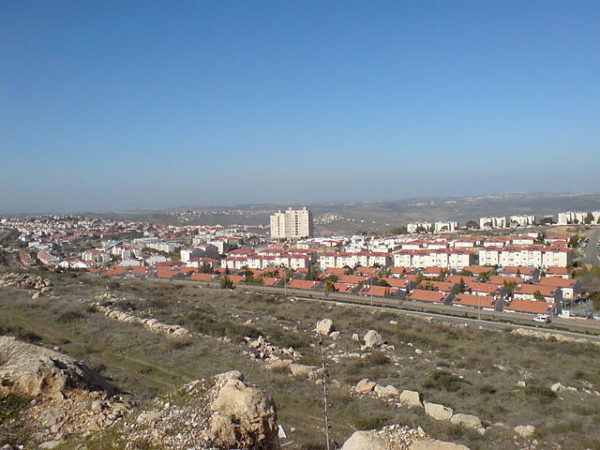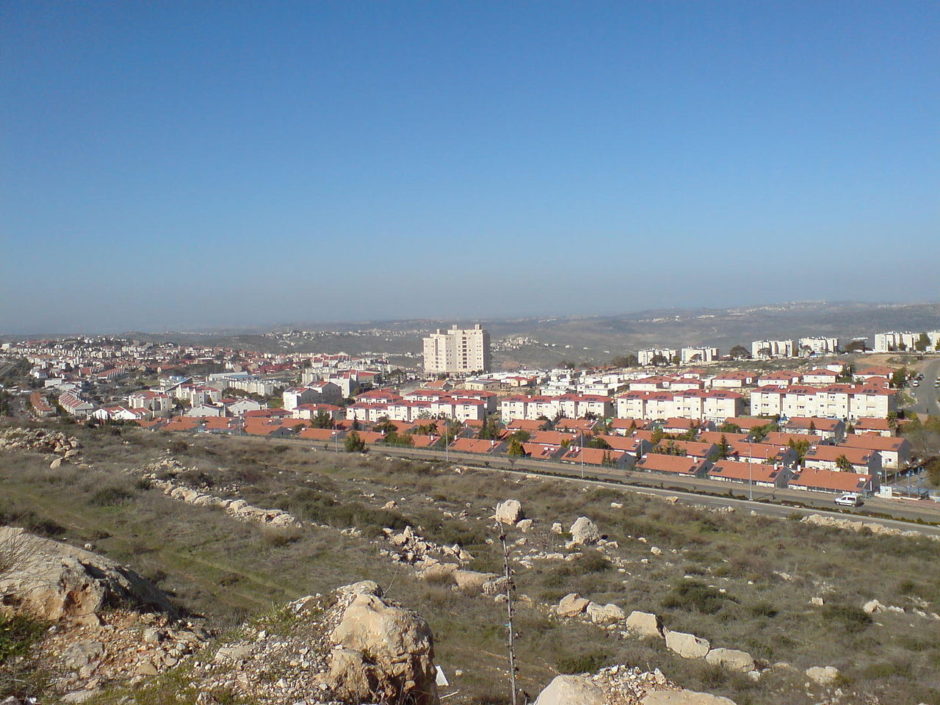The European Court of Justice in Luxembourg issued a fair and judicious ruling on November 12, which, predictably enough, was immediately denounced by annexationists in Israel who equate sovereign Israeli territory with Jewish settlements in the occupied West Bank and the Golan Heights.

In a decision upholding a 2015 ruling by the European Commission, the court’s 15 judges said that goods fabricated in Israel’s web of settlements must be labelled accurately so that buyers are not duped by false or misleading stickers.
The court accepted the case after Psagot Winery, located in a West Bank settlement of the same name, challenged a 2016 French court decision stating that goods produced in the West Bank, East Jerusalem or the Golan Heights must carry a label saying “Israeli settlement.”
A spokeswoman at the European Union embassy in Tel Aviv said that its policy on this issue has remained firm. “The European Union has a longstanding and well-known position that it will not recognize any changes to the pre-1967 Israeli borders other than those agreed by the parties to the Israeli-Palestinian conflict,” she said.

And in an important caveat, she added that the European Union rejects the notion of boycotts directed against Israel, including the Boycott, Divestment and Sanctions movement.
As expected, the current Israeli government rejected the court’s verdict.
Foreign Minister Israel Katz called it “unacceptable both morally and in principle.” His deputy, Tzipi Hotovely, argued that since settlements are an integral part of Israel, the European Union cannot draw a distinction between a product manufactured in a settlement or in Tel Aviv. Transportation Minister Bezalel Smotrich claimed that the European Union was implicitly supporting terrorism because the court’s ruling was released on a day when Islamic Jihad in the Gaza Strip bombarded Israel with a barrage of rockets.

The Yesha Council, which represents the interests of settlements, claimed that the court’s decision stemmed from “the lowest kind of antisemitism.”
These are essentially self-serving arguments, trotted out by right-wing politicians who are categorically opposed to the two-state solution due to their ideological and religious conviction that the West Bank belongs to Israel and must not be relinquished to the Palestinians in exchange for peace.
As a result, they see absolutely nothing wrong with stamping “made in Israel” labels on products manufactured in settlements beyond the old, pre-1967 Green Line. They are not in the least concerned that such labels will deceive overseas consumers. Nor are they remotely interested in the fact that the settlements lie outside of Israel’s internationally recognized borders.

The European Union, of course, is under no obligation to buy into this facile argument, which serves only the narrow interests of the right-wing nationalist and religious camp in Israel and negates the very idea of a two-state solution, which Prime Minister Benjamin Netanyahu and his cabinet ministers reject in any event.
Israel’s Foreign Ministry has raised the valid point that the European Court of Justice has never ruled on any of the 200 or so territorial disputes in the world and has thus singled out Israel unfairly. If true, the court should, in all fairness, pay attention to these conflicts as well.
In the meantime, however, the court is well within its rights to call out Israel for its dishonest practice of sticking “made in Israel” labels on products produced in settlements that lie outside Israel’s boundaries.
